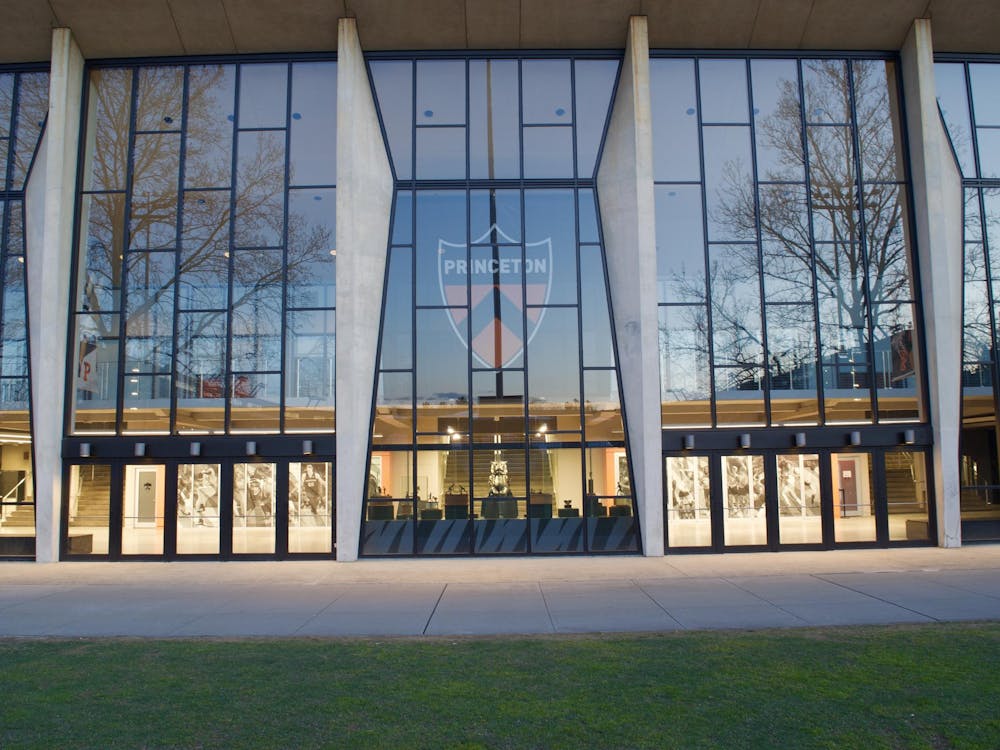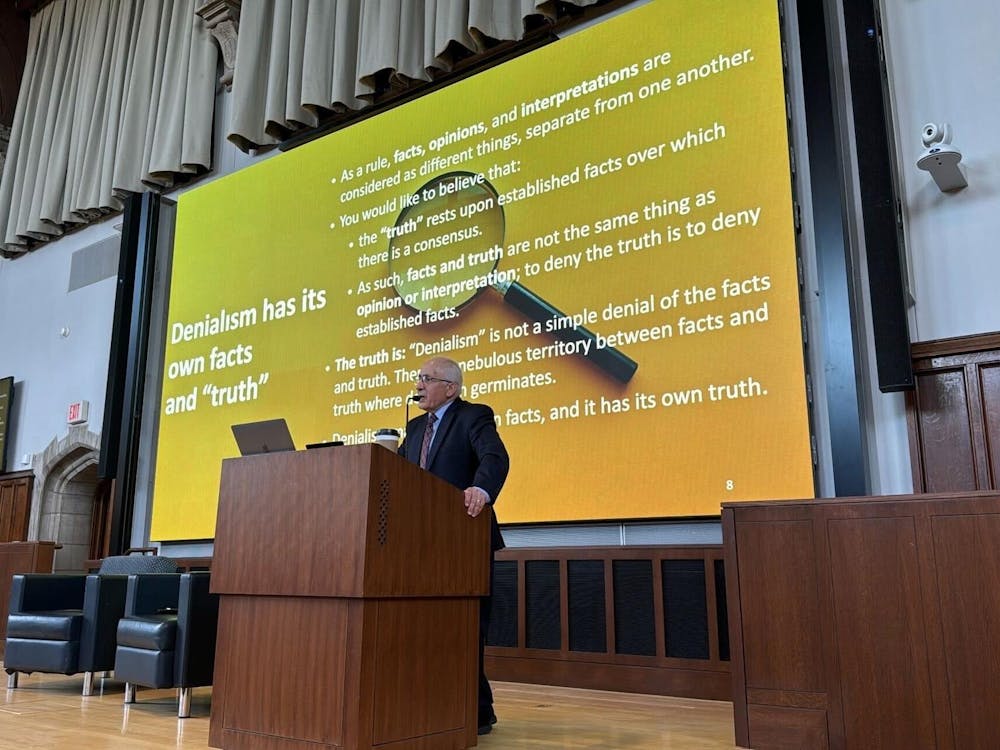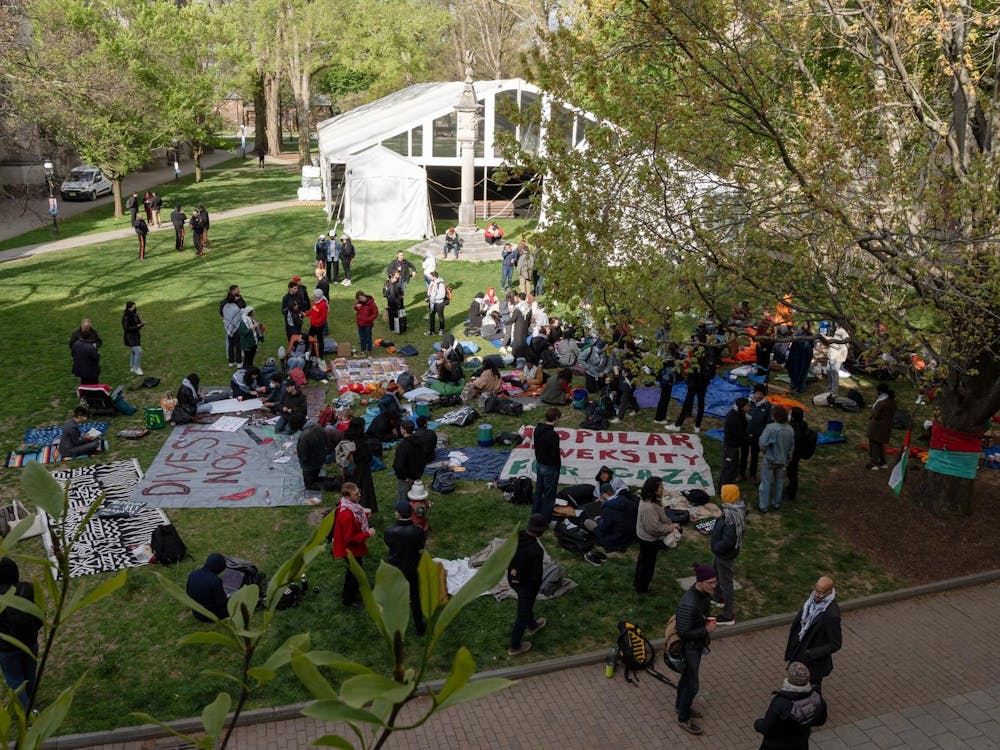Those questioning their sexual identity or searching for LGBT resources need not look further than their computer screens.
The LGBT Center’s Outreach Chats Program, a service providing an anonymous online chat resource for students to communicate with trained peer educators, is now receiving regular business in its second year. While the chats are a less visible resource than other campus initiatives offered by the LGBT Center, their anonymous nature offers more hesitant students the opportunity toget difficult questions answered privately.
Debbie Bazarsky, director of the LGBT Center, explained that the program was started in fall 2012, with its unique anonymous format giving students a resource without demanding visibility from them.
“There are a lot of students who are questioning their gender orientation or sexual identity who don’t feel comfortable sitting down with someone and talking about it,” Bazarsky said. “Sometimes that just feels too visible, so the chats provide an opportunity for people to get resources and support from other students without being so visible.”
Since the program’s inception, peer educators who responded to students through the chats have fielded questions of varying complexity, Bazarsky said. The types of questions that get asked are about subjects like coming out to friends and roommates, explaining gender identity to family, where to get an HIV test and when certain programs are happening.
Bazarsky said she hopes the Outreach Chats can provide a more comfortable and convenient way for students to access a resource they may need.
“We’re reaching people who have questions, and we’re supporting people who maybe don’t feel comfortable getting support in other ways,” Bazarsky said.
The anonymity of the chats may also address student hesitation to go to the LGBT Center in person. Other LGBT Center initiatives, such as panels in residential colleges and peer support and discussion groups, require a more visible involvement.
“There can be a stigma toward going to the center, or a fear about talking to someone in the center and being seen by someone you know,” Eskender McCoy ’14, a peer educator and group facilitator at the LGBT Center,said. “Ideally, [chatting] would enable people who aren’t confident enough to physically go to the center to get questions answered.”
Though the LGBT Center has not collected statistics from the chats, Bazarsky said her guess is that many of the students who have been using them are not yet out to everyone and are less likely to be already engaged with the LGBT Center. She added that her hope is to reach students who need and want support but feel uncomfortable coming in to the LGBT Center.
McCoy said he believes that the anonymous chats are worth a shot for nervous students who may be considering using the program. “My stance would be that they have nothing to lose by using the chats,” McCoy said. “They will never be any worse off than when they started, but they could be better off.”
For now, the LGBT Center’s challenge is getting the word out about this available resource, Bazarsky said. The chats are currently staffed by four peer educators, two of whom monitor each weekly two-hour session. The center is still gauging involvement to evaluate the success of the program and decide whether or not to expand it. Bazarsky noted that participation varies weekly, with two students some weeks, and five in a short amount of time during other weeks.

The Outreach Chats run on Wednesdays when school is in session from 8-10 p.m. and can be accessed online through the LGBT Center’s website.








